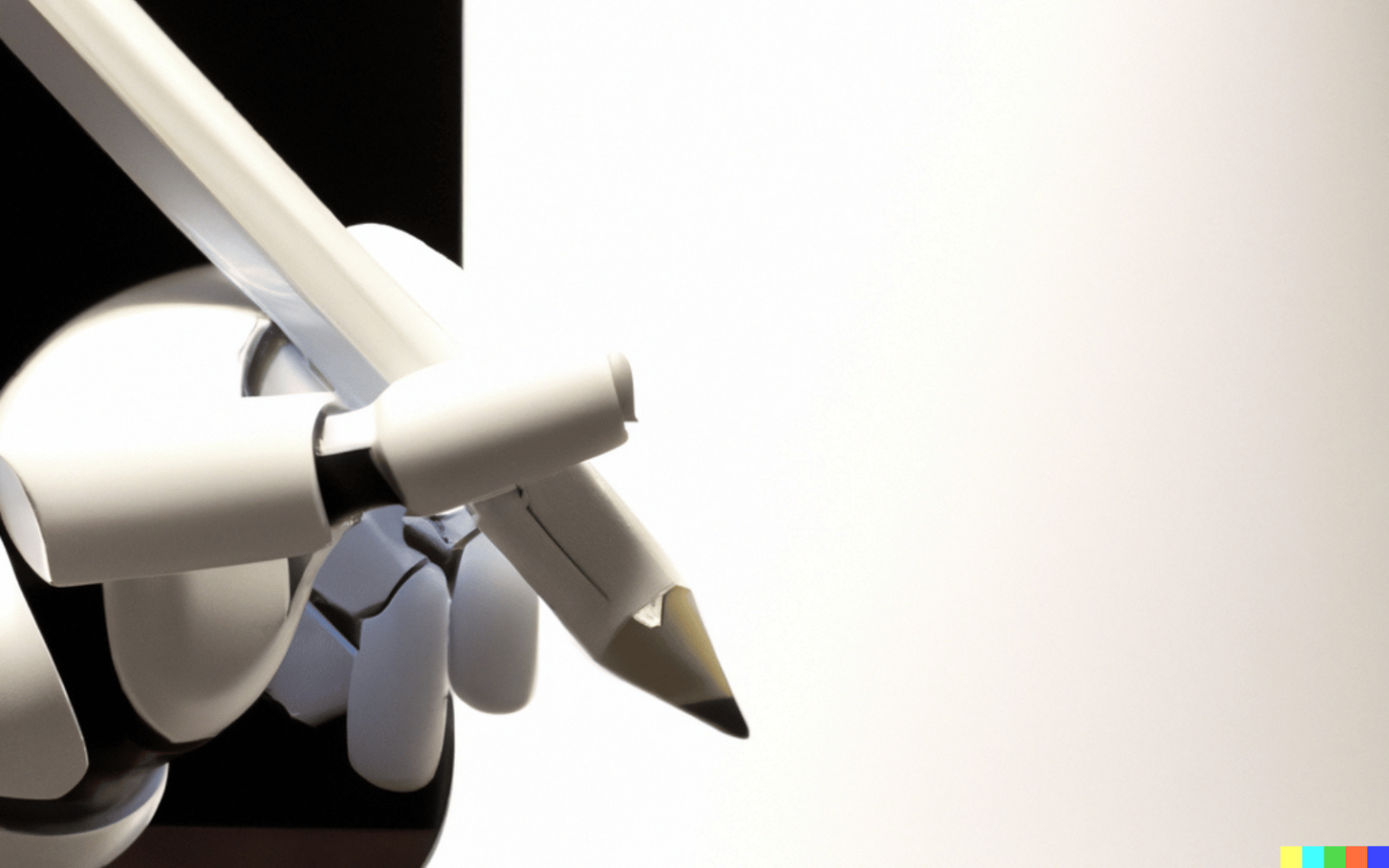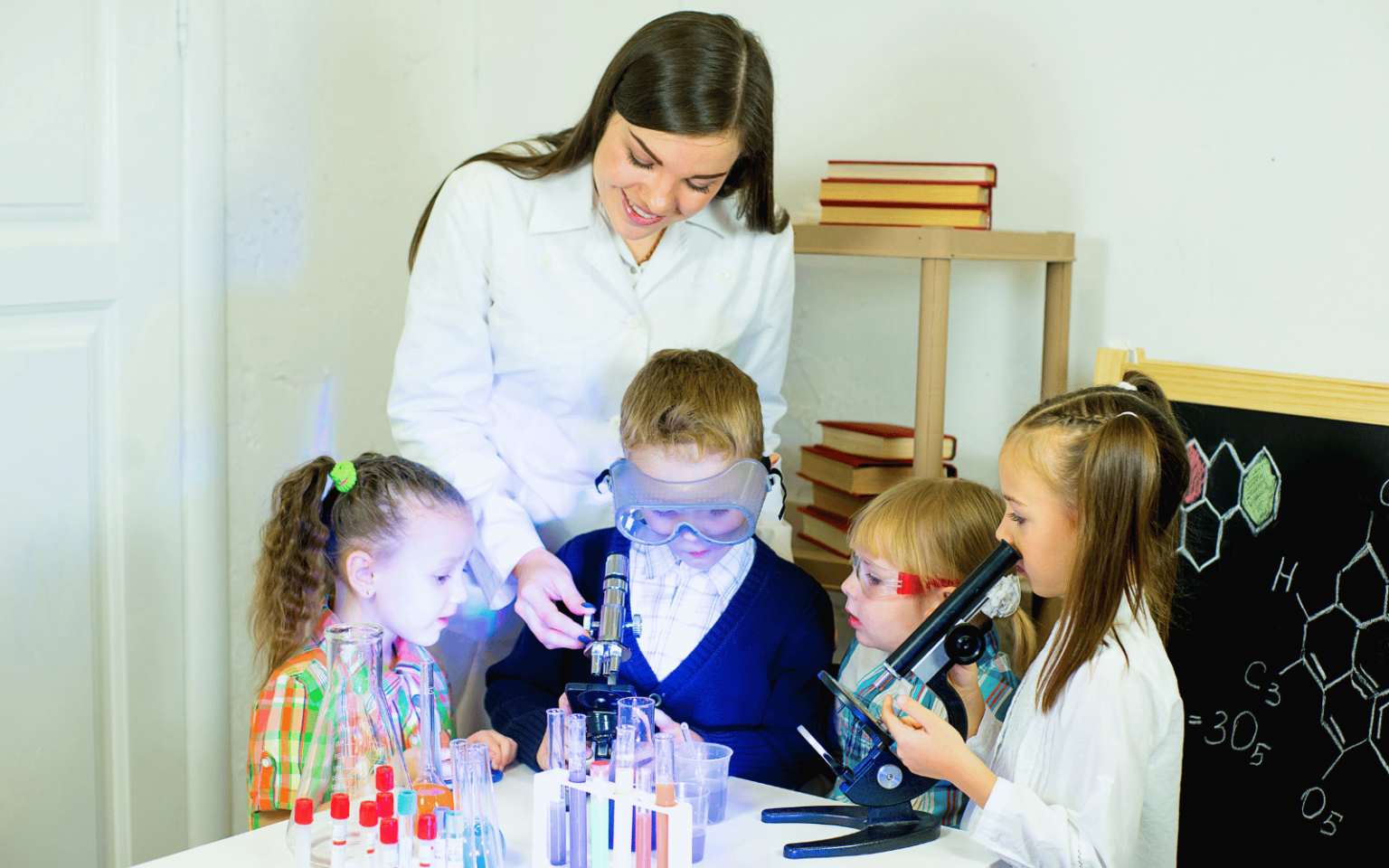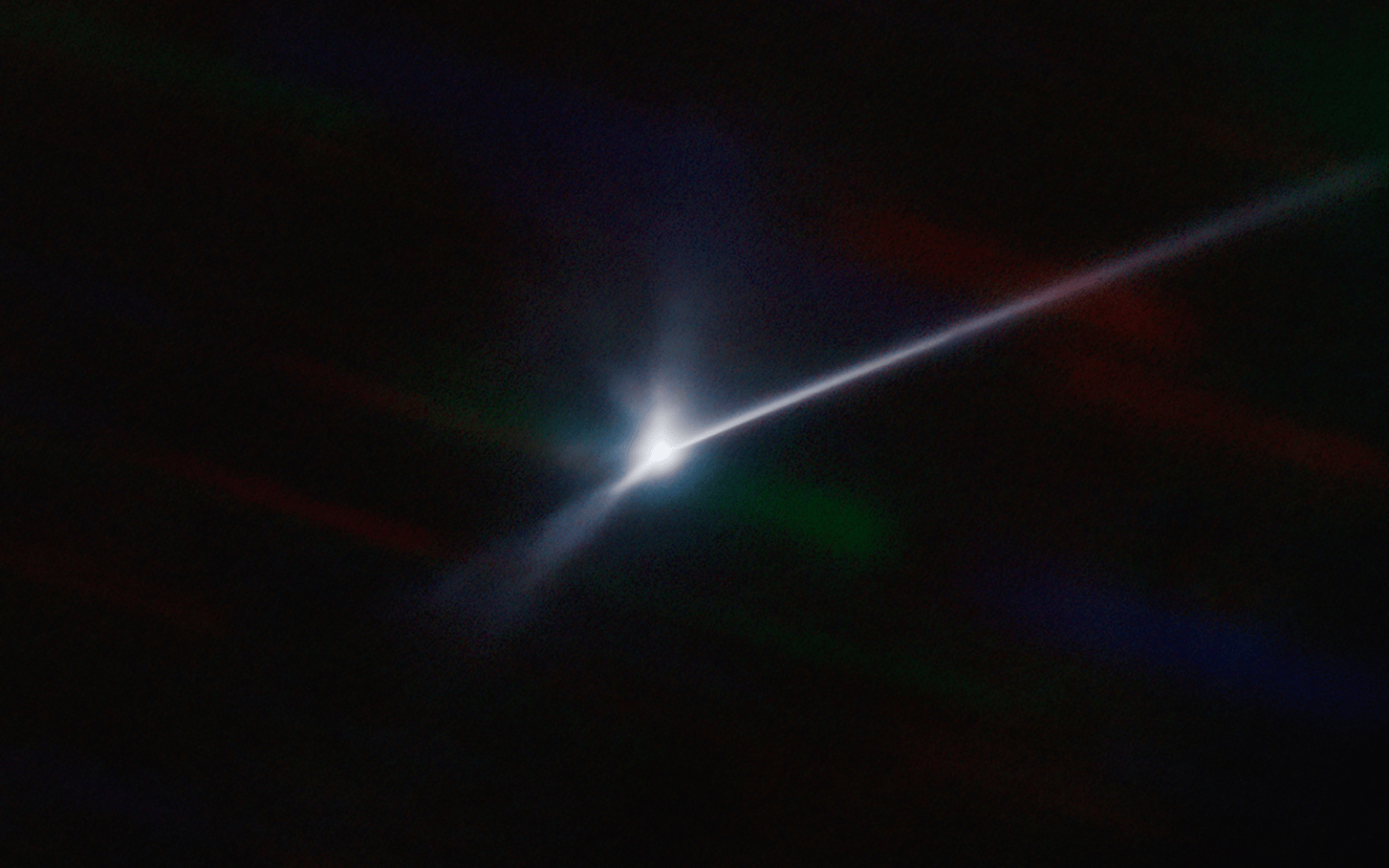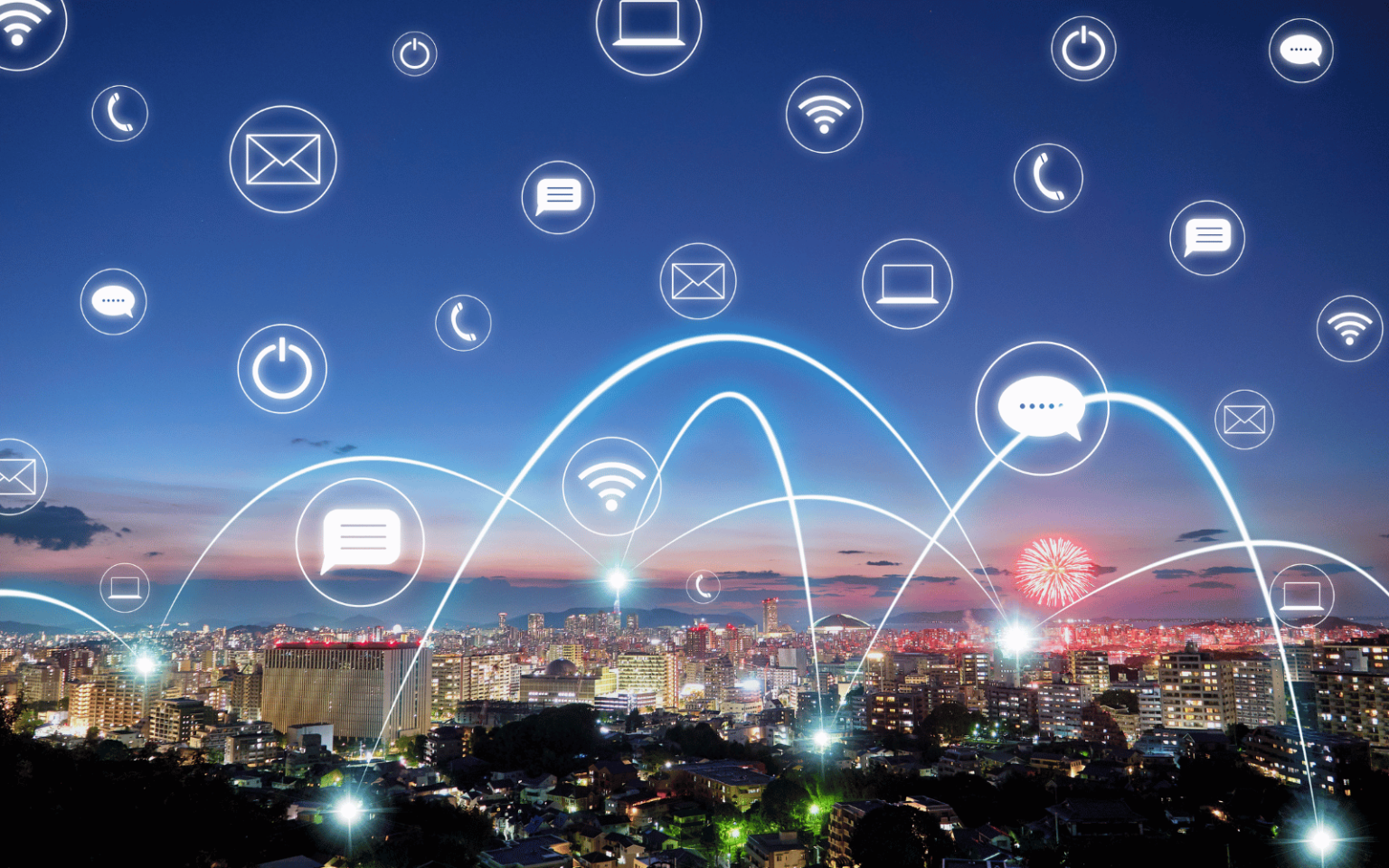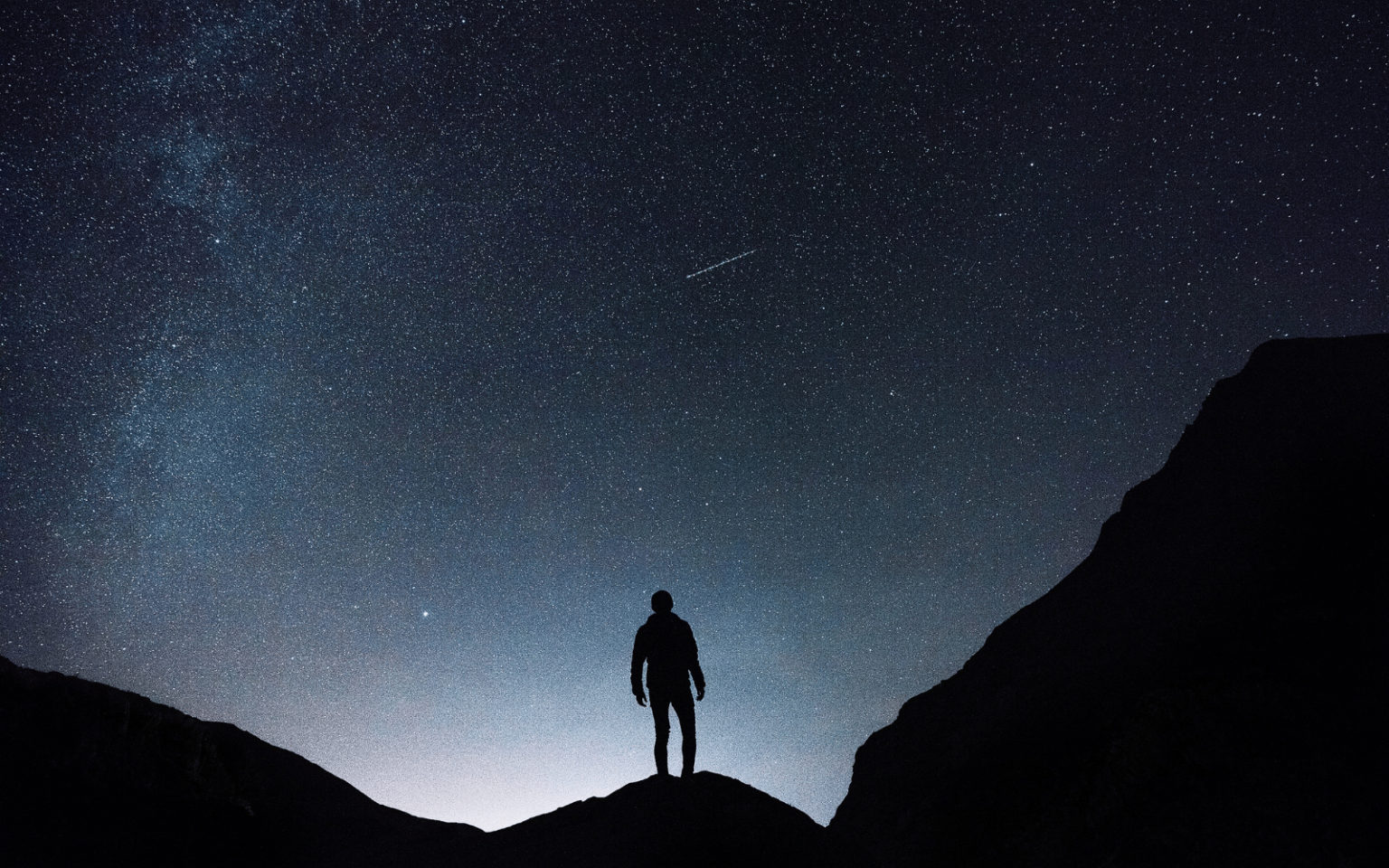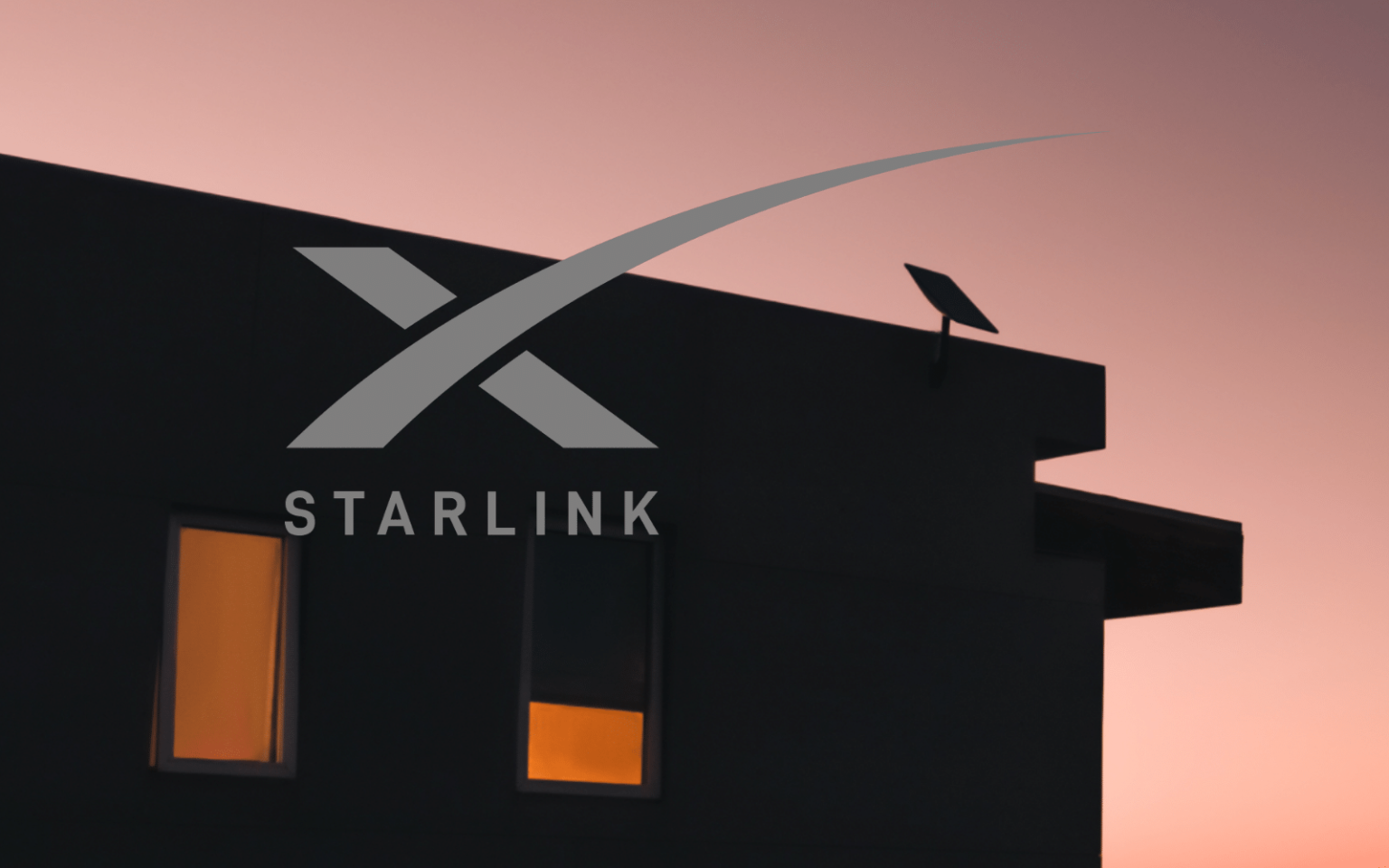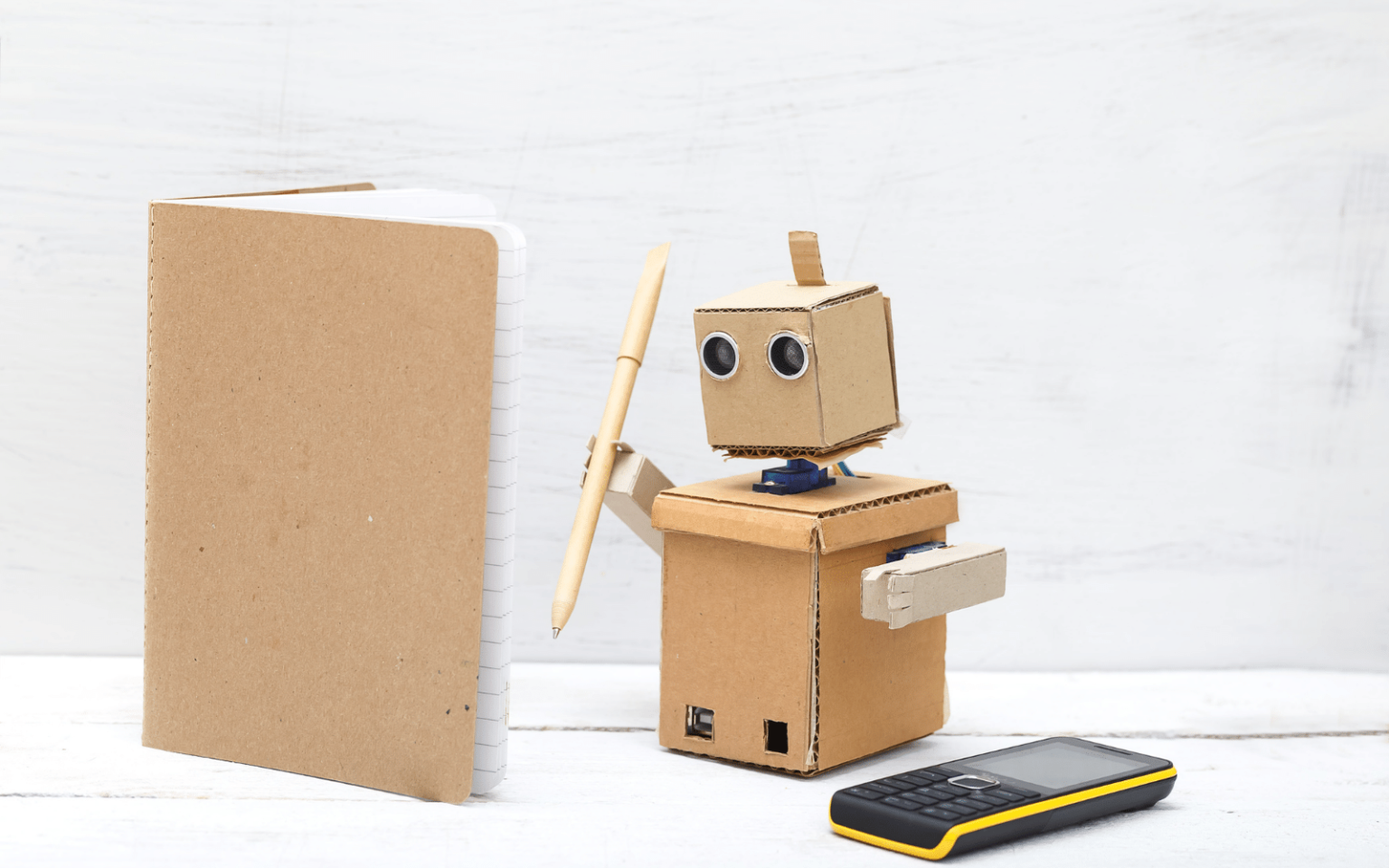ChatGPT has cast long shadows over the media as the latest form of disruptive technology. For some, ChatGPT is a harbinger of the end of academic and scientific integrity, and a threat to white collar jobs and our democratic institutions. How concerned should we be about generative artificial intelligence (AI)? The developers of ChatGPT describe it as “a model… which interacts in a conversational way” while also calling it a “horrible product” for its inconsistent results. It can write emails, summarize documents, review code and provide comments, translate documents, create content, play games, and, of course, chat. This is hardly the stuff of a dystopian future. We should not fear the…
Author: The Conversation
There’s a common perception that artificial intelligence (AI) will help streamline our work. There are even fears that it could wipe out the need for some jobs altogether. But in a study of science laboratories I carried out with three colleagues at the University of Manchester, the introduction of automated processes that aim to simplify work — and free people’s time — can also make that work more complex, generating new tasks that many workers might perceive as mundane. In the study, published in Research Policy, we looked at the work of scientists in a field called synthetic biology, or synbio for…
What images does science conjure up in your mind? You may well be visualising a laboratory, equations scrawled on a blackboard. Figures are surrounded by glassware filled with coloured liquids. Maybe someone, with a slightly furrowed brow, is hunched over a microscope. But what this scene fails to convey is that science isn’t about labs, equipment or highly trained professionals. It’s not even the body of knowledge locked away in great minds or archived within text books and journals. Instead, it’s about having a curious, creative, critical and evidence-based mindset. Which means anyone who uses the scientific method can and…
What would we do if we spotted a hazardous asteroid on a collision course with Earth? Could we deflect it safely to prevent the impact? Last year, NASA’s Double Asteroid Redirection Test (DART) mission tried to find out whether a “kinetic impactor” could do the job: smashing a 600kg spacecraft the size of a fridge into an asteroid the size of an Aussie Rules football field. Early results from this first real-world test of our potential planetary defence systems looked promising. However, it’s only now that the first scientific results are being published: five papers in Nature have recreated the impact, and analysed how…
The rapid growth of cryptocurrencies and virtual non-fungible tokens have dominated news headlines in recent years. But not many may see how these modish applications connect together in a wider idea being touted by some as the next iteration of the internet — Web3. There are many misconceptions surrounding this buzzy (and, frankly, fuzzy) term, including the conflation of Web3 with Web 3.0. Here’s what you need to know about these terms. What is Web3? Since Web3 is still a developing movement, there’s no universal agreement among experts about its definition. Simply put, Web3 is envisioned to be a “decentralized web ecosystem,” empowering users to bypass…
We have long been fascinated with the idea of alien life. The earliest written record presenting the idea of “aliens” is seen in the satiric work of Assyrian writer Lucian of Samosata dated to 200 AD. In one novel, Lucian writes of a journey to the Moon and the bizarre life he imagines living there – everything from three-headed vultures to fleas the size of elephants. Now, 2,000 years later, we still write stories of epic adventures beyond Earth to meet otherworldly beings (Hitchhiker’s Guide, anyone?). Stories like these entertain and inspire, and we are forever trying to find out if science fiction will…
It’s hard for many of us to imagine a world without instant, limitless internet access. Some have even argued that it should, alongside access to clean water and electricity, be considered a basic human right. But in fact only 64.4% of the global population as of January 2023 are internet users. Asia and Europe are home to most of the people who are connected. Africa comes in third. However, accessibility varies wildly across the continent. About 66% of people in southern Africa are internet users. In east Africa the figure is 26%; it is just 24% in central Africa. People in rural areas have…
Since ChatGPT was released, many commentators are sounding the alarm about an artificial intelligence (AI) takeover, suggesting that professors will soon be out of a job, or that the student essay is dead. This is reactionary and misguided. ChatGPT, by its very nature, cannot do the kinds of things we ought to want student essays to do. ChatGPT does not, and cannot, like other AI, give a damn: In the words of philosopher John Haugeland, AI cannot possibly give a damn, as nothing matters to it. ChatGPT does, however, pose a unique set of challenges and opportunities when it comes to education and assessment — some of which…
Is imitation the sincerest form of flattery, or theft? Perhaps it comes down to the imitator. Text-to-image artificial intelligence systems such as DALL-E 2, Midjourney and Stable Diffusion are trained on huge amounts of image data from the web. As a result, they often generate outputs that resemble real artists’ work and style. It’s safe to say artists aren’t impressed. To further complicate things, although intellectual property law guards against the misappropriation of individual works of art, this doesn’t extend to emulating a person’s style. It’s becoming difficult for artists to promote their work online without contributing infinitesimally to the creative…
The announcement by the South African finance minister, Enoch Godongwana, of debt relief for the country’s troubled power utility, Eskom, is a step forward. It will fix one problem: Eskom has too much debt. But the plan won’t end power cuts which have worsened in recent years. The international experience is that one way to end electricity shortages is to allow competitively-priced privately-funded generation at scale. This requires a reorganisation of South Africa’s electricity market along the lines announced by the Department of Public Enterprises nearly four years ago. The crux of the plan was to split Eskom into three separate units – generation, transmission and…

